Japan is known for its deep roots in culture and its high regard for privacy and respect. It has shaped most of the lifestyle that is unique to the country. Here are some that might be difficult for foreigners.
Japanese Don’t Invite Friends to Their Home
Traveling across the waters to see a dear friend is such a big deal in any part of the world. And the hospitality shown by this host friend shows appreciation.
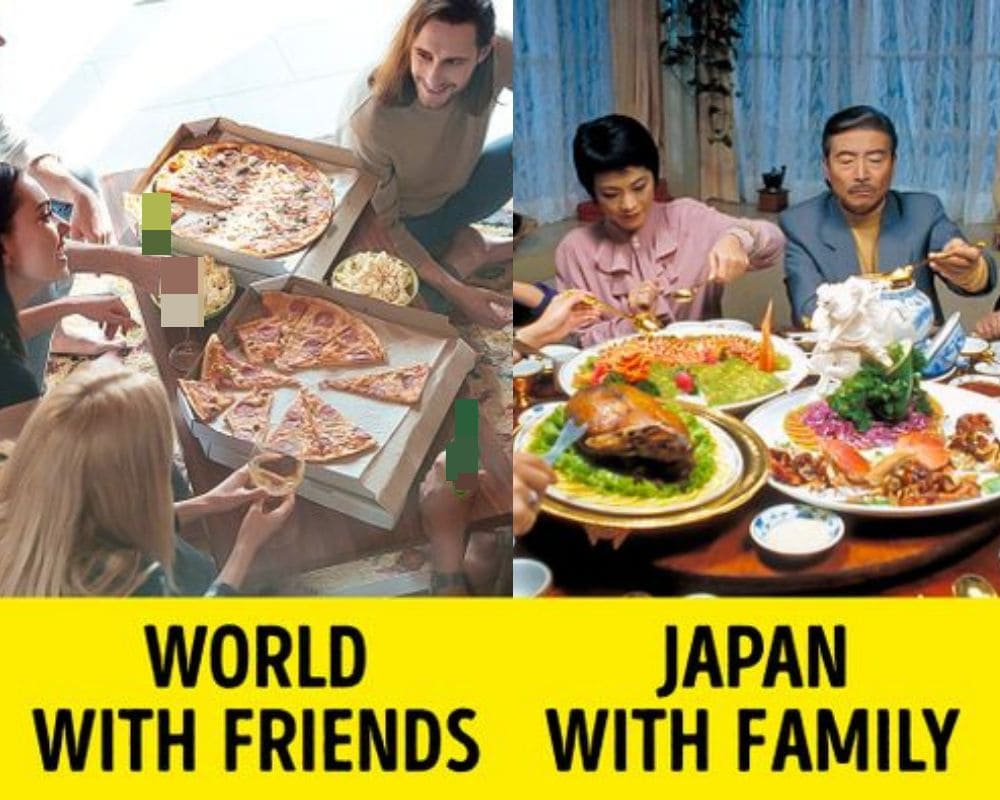
But an invitation to the friend’s family home might not be a part of this hospitality. A foreigner should not be offended if they do not receive an invitation to visit their friend’s home.
Don’t Honk in Traffic
Metropolitan cities are common in developed countries. And these big cities come with their troubles. An example is the frequent traffic jam one encounters on the way to or back from work. And Japan is no exception.

But one thing that is not allowed here in Japan is honking in traffic. While in other parts of the world, it is seen as standard, it is believed to be a rude gesture to honk at another car in traffic. Patience is taught at its best here. Lovely!
“I Humbly Receive”
Manners are held in high regard in Japan. And the small things can make such a big difference. One such occasion is before a meal. One should respectfully receive a meal from a host or friend. How is this done?

The common thing to say is “Itadakimasu.” This roughly translates to “I humbly receive.” This is seen as cultural and not religious, so everyone expects it. Hands held together in a prayer form is common when saying this phrase.
Vegetarian and Japanese Cuisines
The Japanese culture is one with a vast number of cuisines and delicacies. There are various types of food, and it is one aspect of the lifestyle that tourists or foreign friends look forward to whenever they want to visit. But there is one constant in the dishes.
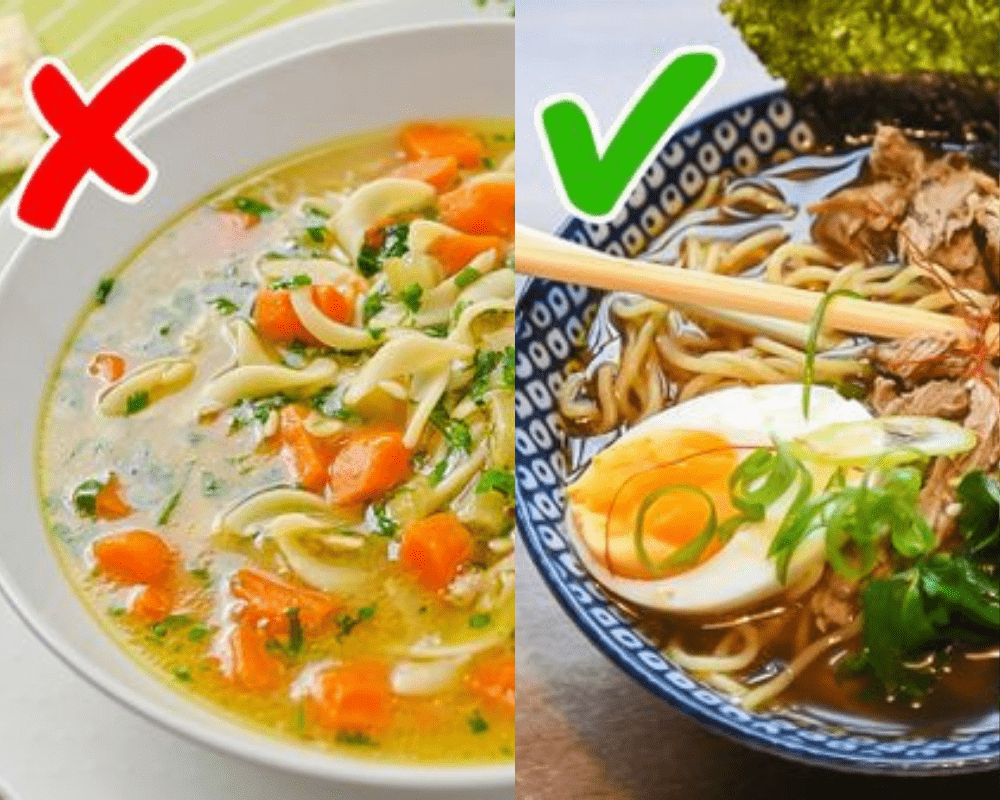
It is almost impossible for one to have a complete meal in Japan without eating any animal product. Even simple, fast foods contain some meat or meat sauce in it. This might pose a challenge for a vegetarian.
Designated Persons Who Push Others Into Crowded Subway Cars
During rush hours in Japan, subway cars are usually so crowded. With everyone that trying to get in and not miss the last train home or to work, it most times becomes almost impossible for the car doors to close.
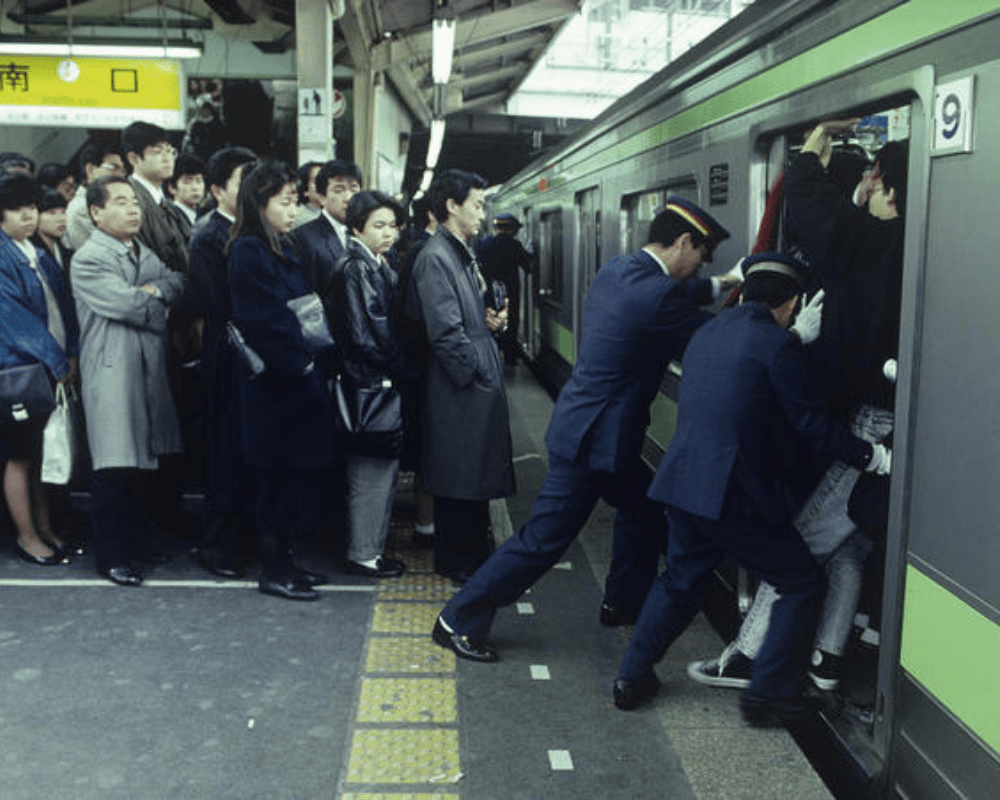
In Japan, there are people called “oshiya” or “pushers.” They wear uniforms, white gloves, hats, and face masks. They are designated to push other people into crowded subway cars during these rush hours. They are employed to make sure everybody gets in and doesn’t get caught in the doors.
No Help With Others Work
Helping others is a welcoming gesture in any part of the world. It brings people together and helps them achieve goals faster. But can one get in trouble for helping? While the answer might be no in other parts of the world, in Japan, it is a definite yes.

One would assume helping others with their work is a way to make life easier for all. But in Japan, it is perceived as wanting someone’s job when you help them do it. This comes into play, especially at the office. Be friendly but also be careful.
A World With No Trash Can
The use of a trash can is essential in big cities to keep them clean and tidy. But a trash can is something you would not find in Japan. This is because of a sad past in the country.
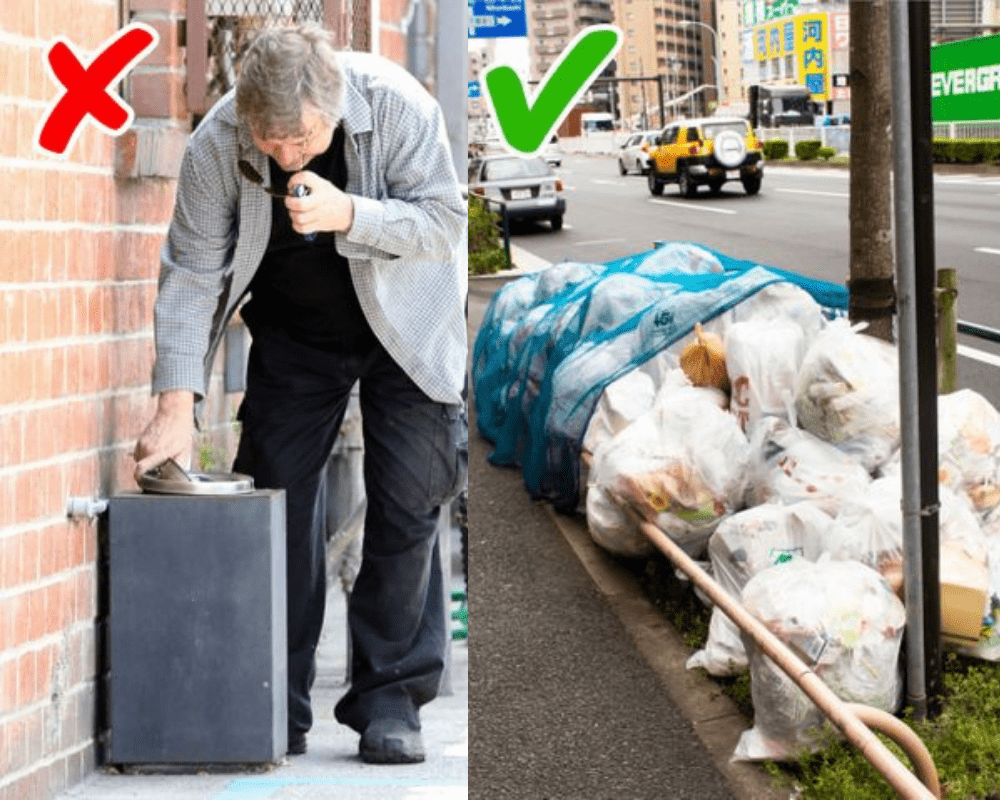
Many just drop dirt indiscriminately in piles. And they are removed later by workers. The best approach for a foreigner is to take any trash home to dispose of it properly. Finding a trash can in Japan is challenging, to say the least.
Handshake or a Simple Bow
Bowing is regarded as a respectful way of greeting across many Asian countries, including Japan. And it is used extensively, even in the workplace. A foreigner coming from a country where a handshake is the form of greeting might find himself in a confusing situation.

One might want to shake and bow at the same time to show cordial respect. But only one of these greeting types is necessary. Doing both is confusing and might project something other than respect for the recipient. Confusing right?
Women Are Paid Less by Default
The system payment in Japan is not balanced. Though not a formal rule or constitution, but women are paid less than men for doing the same work. While this is mainly unacceptable in many parts of the world, it is seen as usual in Japan.

But the opposite occurs in marriage. A married woman in Japanese culture is in charge of the spendings at home. In fact, husbands their wives their salaries in the Japanese home.
To the Bar With the Boss
Most companies in Japan treat their employees as family. And they do many things together. It is in a bid to grow the interpersonal relationship in the company. One of the many things done together is going bar-hopping with the boss.
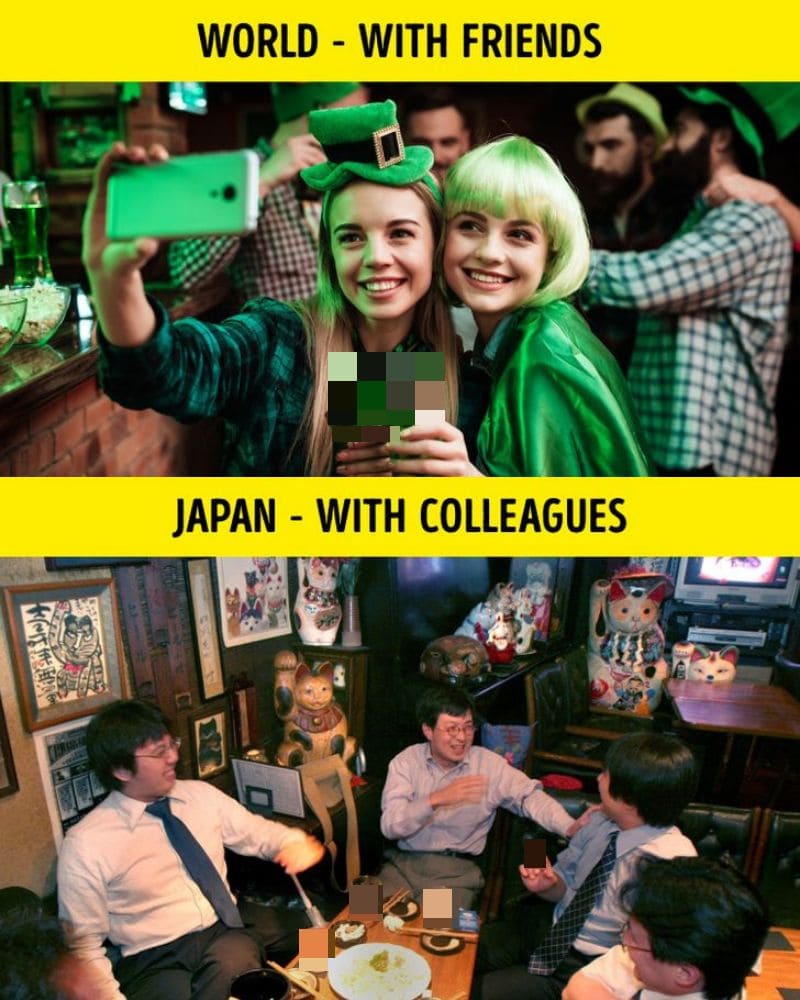
A foreigner in the country might find himself in a difficult situation because of the tradition associated with this. While it is not a rule, bar-hopping is seen as necessary. And any employee that does not join this group may be seen as problematic
Stabbing Foods With Chopsticks
Japan, like many Asian countries, has its complexities in the varieties that exist in cuisine and dishes. And the chopsticks are used to enjoy most of these delicacies. But some meals are more challenging to enjoy than others.
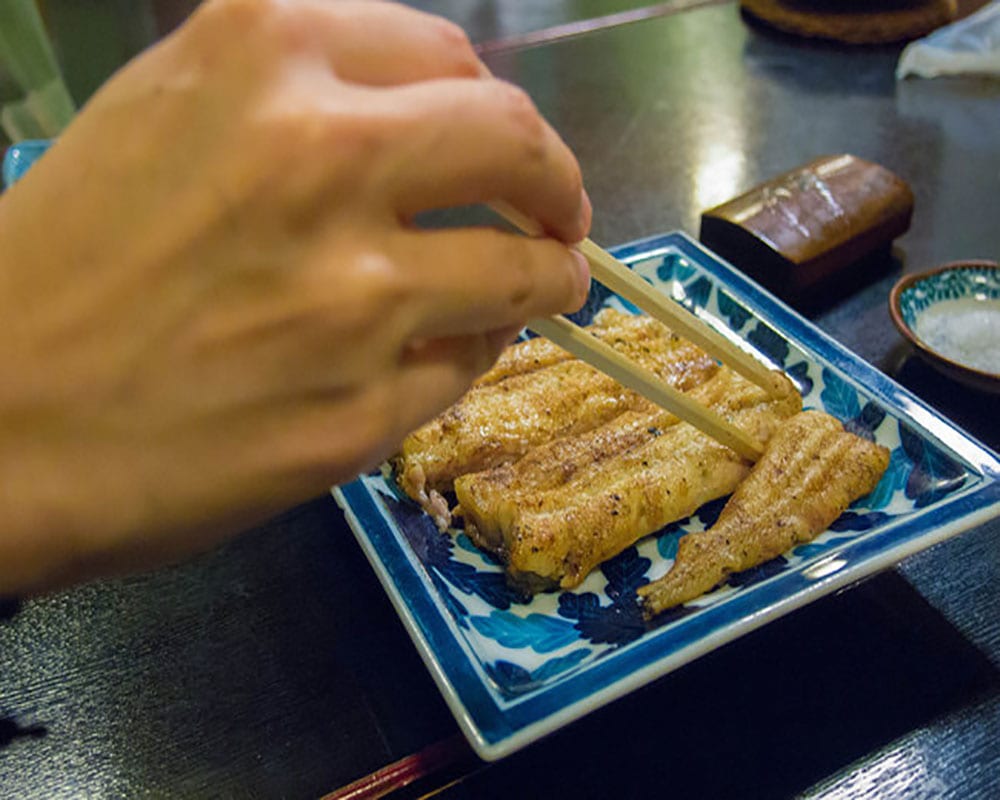
When finding it difficult to pick something up from the plate, it is tempting to stab the food with chopsticks. This makes it easier to lift and eat. But this is offensive in Japan and frowned upon. With time, one would master the use of chopsticks.
No Extra Pay for an Extra Hour
Japan is a country with an excellent level of output in production. This often requires that workers have to work before the official hours now and then. But foreigners might find it hard to understand a policy in the country.

The simple truth is workers are not paid for working extra hours in Japan. So if a worker can fit their schedule into the official hours, good. Any additional time is not rewarded. Hard right?
Respect for Meshi or Business Card
The use of business cards is common and extensive in any part of Japan. A foreigner would receive a card when meeting a business partner for the first time. But there are some essential points to keep one from trouble.
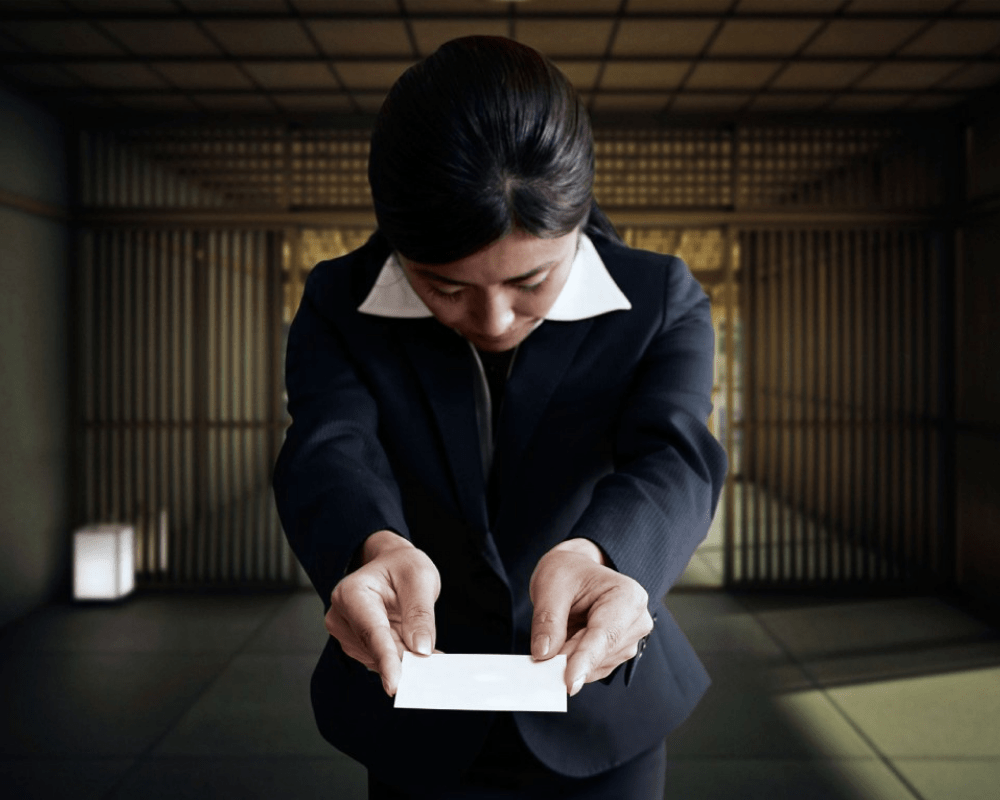
The business card, also called Meshi in Japan, is seen as a representative of one’s business. So the business card is respectfully collected with both hands and a small bow. It is gently kept in the pocket. Anything different is found offensive and disrespectful.
You Do Not Point Directions in Japan
Japan is a country that is more developed than most, and it is not hard to find oneself in a difficult situation, especially with finding the way around the big cities. But pointing directions is dangerous in Japan.
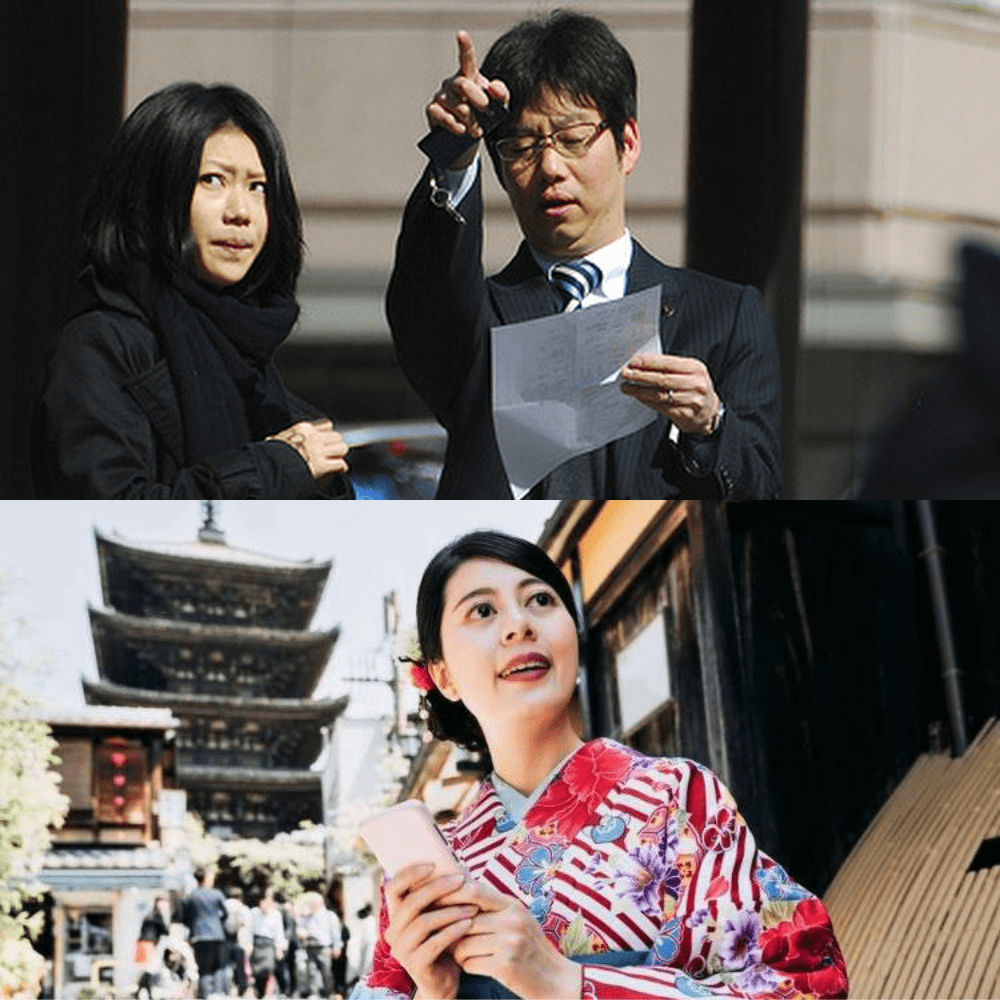
Pointing in a particular direction is seen as a threat, according to the custom. For someone new in the country asking for guidance, it is advised to direct such person with the whole hand or use words. Show the way, but never point the way.
The Nearest to the Elevator Door
The use of an elevator presents a unique situation in Japan. And this may present a problem for someone new in the country. There are some basic tips to save one from trouble when using the elevator.
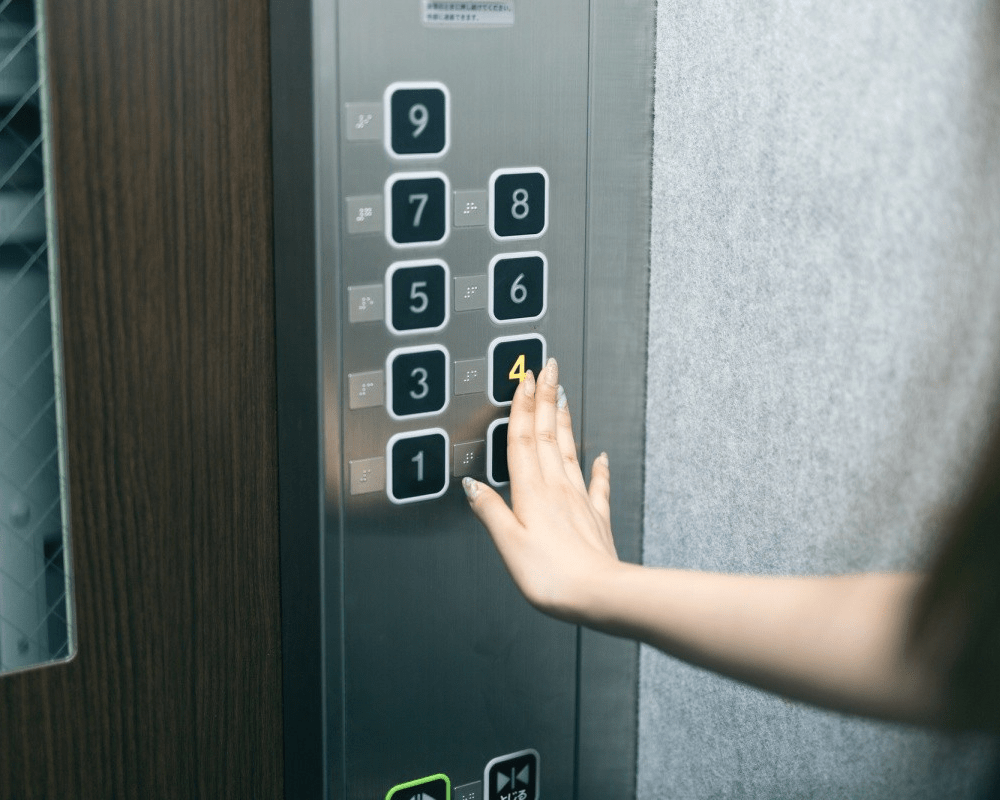
The person closest to the door operates the elevator in Japan. He helps others to press their floor button. Especially if they are behind someone, they are also the last to get out when they reach their floor.
When Using Mobile Phones
Privacy is treated with the utmost respect in Japan. And this includes conversations on mobile phones. When receiving a call in public, it is expected to maintain a level of privacy.
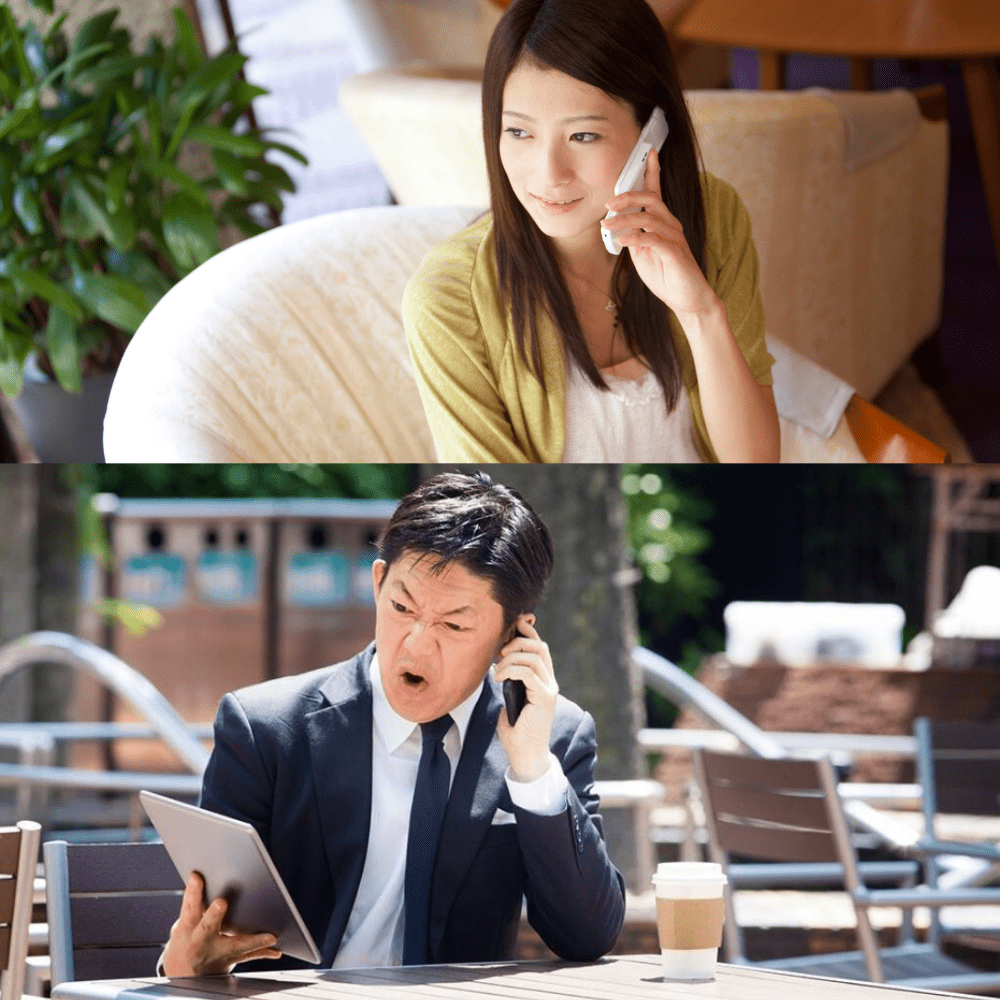
When receiving calls, one should speak in a calm and low voice. Also, calls should not be received with loudspeakers. Such acts are frowned upon by passerby. So one need to keep soft and quiet to keep the conservation private.
Special Slippers for the Restroom
In Japan, it is common to always find a special set of slippers in front of the restroom either when visiting someone’s home or at a restaurant. It is expected for one to use the provided slippers only while in the restroom and return them exactly to its original position for the next person.
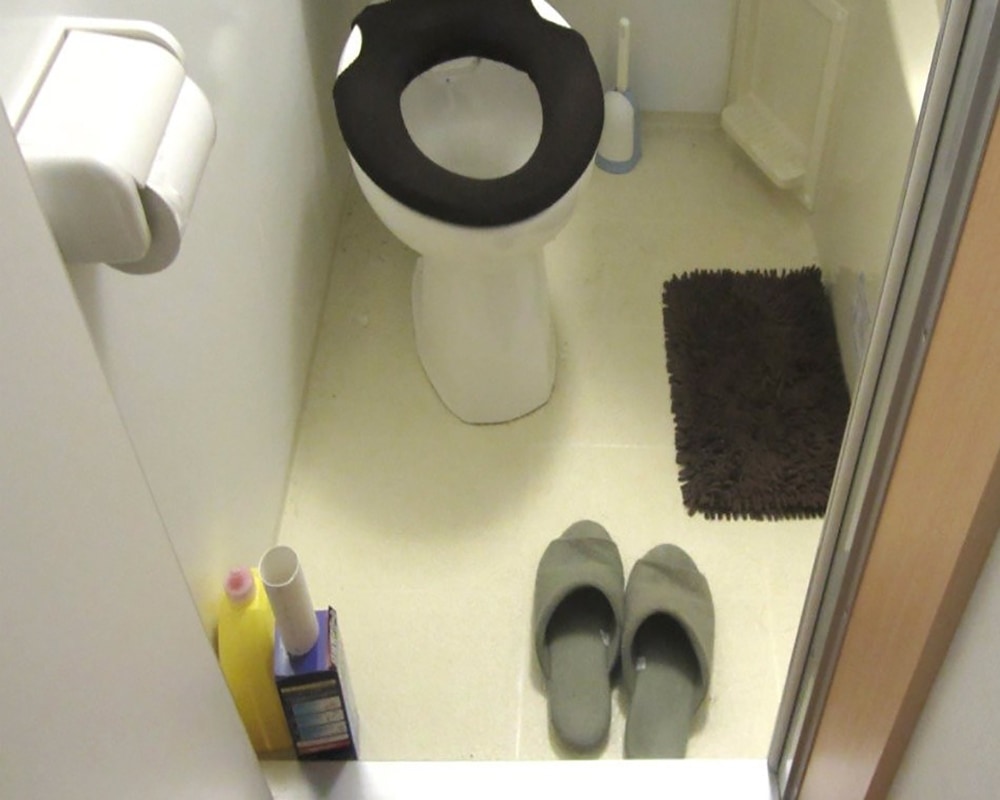
Forgetting to return these special restroom slippers to its original position is frowned at and can be pretty embarrassing if one walks around outside the restroom.
Sieza Sitting Type
The Sieza sitting position is very common in Japan. This position requires one to sit on their legs. This is a position of sitting needed for many ceremonies and rituals. And this requirement presents a challenge for foreigners.
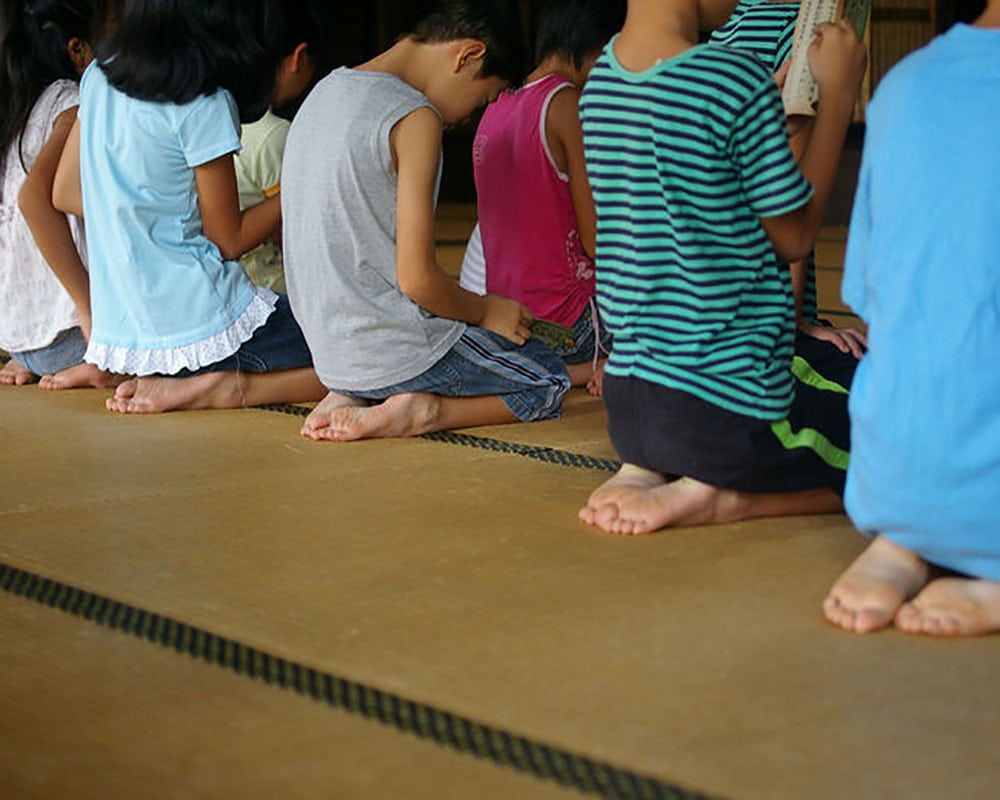
Seiza requires a level of flexibility to master. However, the option of crossing one’s legs in front is also available. Both are not easy to execute. And this makes it difficult for foreigners to participate in ceremonies properly.
The Automatic Taxi Doors
The use of taxis to arrive at one destination is a common concept anywhere in the world. Though Japan is no exception, there are some points to note by a new foreigner in the country.

Most taxis have automatic doors that open and close at will. A foreigner, especially one in a hurry, might find it necessary to open or close the door manually. This is considered offensive based on the Japanese custom. So it is in the best interest of all to allow for the door to be opened automatically.
Avoiding Keigo
Keigo is a type of speech in the Japanese language that is polite and respectful. Though it is hard to master this form of speech, it is taught in language schools to foreigners. But Keigo presents two problems.

One, this form of speech is difficult to master, so most people tend to avoid using it when necessary; this is seen as offensive. And two, the polite nature of Keigo might compel one to use it more often. Using it when it is not necessary is also offensive and confusing.
Waiting for Karaoke Turns
Karaoke is a form of entertainment among friends around the world. And it can be fun when many people participate in this fun. But a foreigner needs to be careful when having this fun.

People select their different songs during karaoke games and sing as best as they can. But joining the karaoke before our turn might seem offensive. One should allow the person to sing without interruption. Then we participate joyfully when it’s our turn.
Abstinence from Using the Number 4
The number “four” is avoided at all costs in Japan because it sounds almost the same as the word for death. The number “four” is thought to be an unlucky number just as the number “thirteen” is in the western culture. Giving other people anything in fours is always avoided as it can be viewed as a bad omen.
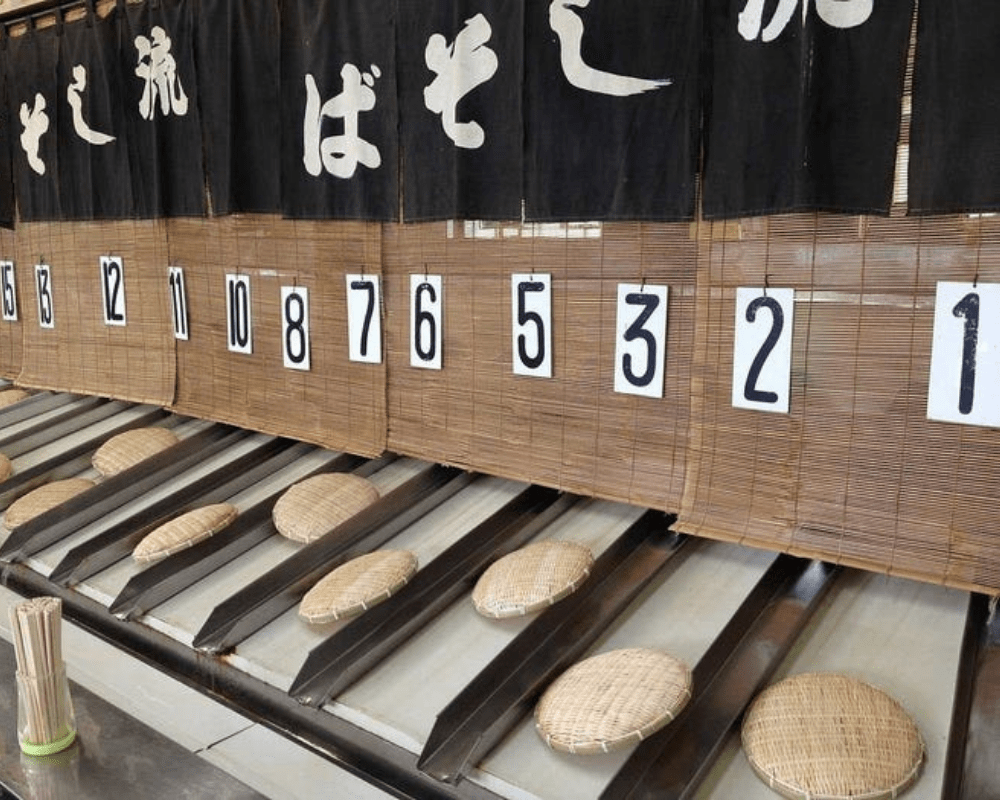
In Japan, it is not uncommon to find many elevator labels not having a fourth floor, as well as floors 40 to 49 in extreme cases. The practice of avoiding the number “four” is called “Tetraphobia.”
Blowing One’s Nose in Public Is Offensive
Blowing one’s nose in public is offensive in Japan. It is seen as disgusting if someone blows his/her nose, spits, or performs any kind of mucus-producing bodily action in public. If an individual must perform any of these actions, then he/she must find a way to prevent others from becoming observers.

For this reason, it is not strange to find people sniffing until they get to somewhere private. If an individual must blow his/her nose, then it must be done with the utmost discretion.
Never Go Into a Place With a Dripping Umbrella
Sometimes during the rainy season in Japan, the weather becomes quite unpredictable, which is why many always go around with their umbrella.
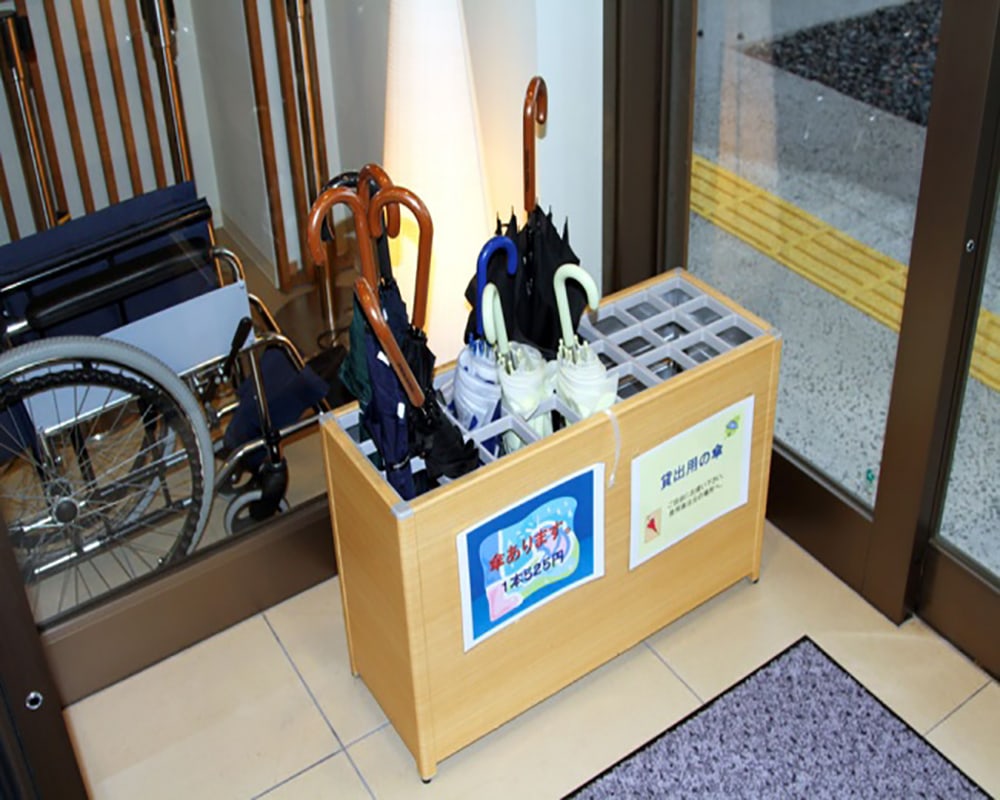
But when it eventually rains, it is seen as rude to enter any venue with a dripping umbrella. For this reason, special boxes are placed outside each venue for keeping dripping umbrellas. Umbrellas kept in those boxes are never stolen, if an umbrella is taken accidentally by someone else, it would most likely be returned to that same box the next day.
Repeating a Piece of Clothing
It is not strange to see an array of clothes drying outside on a line in Japan very early in the morning. It is a custom for laundry to be done every day in a Japanese household. This is because it is considered inappropriate to wear a piece of clothing twice without washing it.

It is not out of place sometimes to hear others describe the people of Japan as perfectionists, and this is because they are very conscious about keeping themselves and their surroundings clean.
Bathing Dirty Is Wrong
Having one’s bath after a day’s work is so refreshing, and it is an excellent way to get the dirt off your beautiful skin. But things are done a little bit differently in Japan. And this might be difficult for a foreigner.
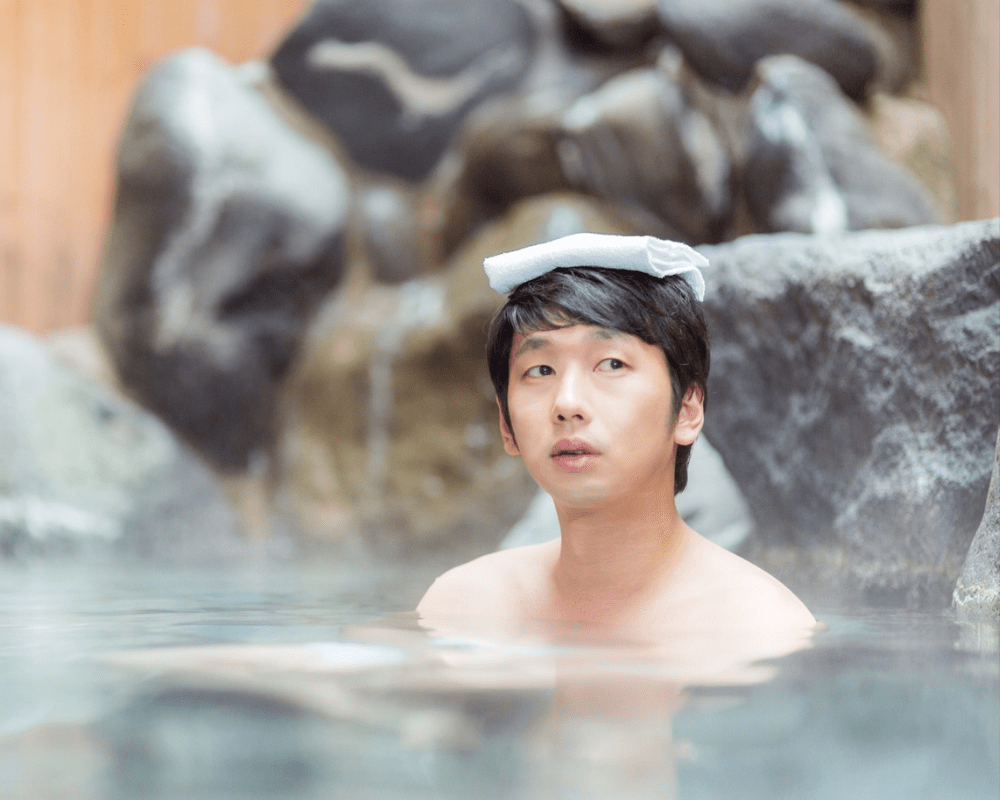
It is expected that one should have a shower first to remove body dirt and clean the body totally before entering the bathtub. Not even soap should be on the body when bathing. Bathing is more of a water relaxation in Japan. Cool!
No Dancing in Night Clubs
Strange right! Dancing is not allowed in the majority of the nightclubs in Japan. In fact, most night clubs put up the disclaimer “Please, No dancing” and one could get kicked out for dancing in these nightclubs.
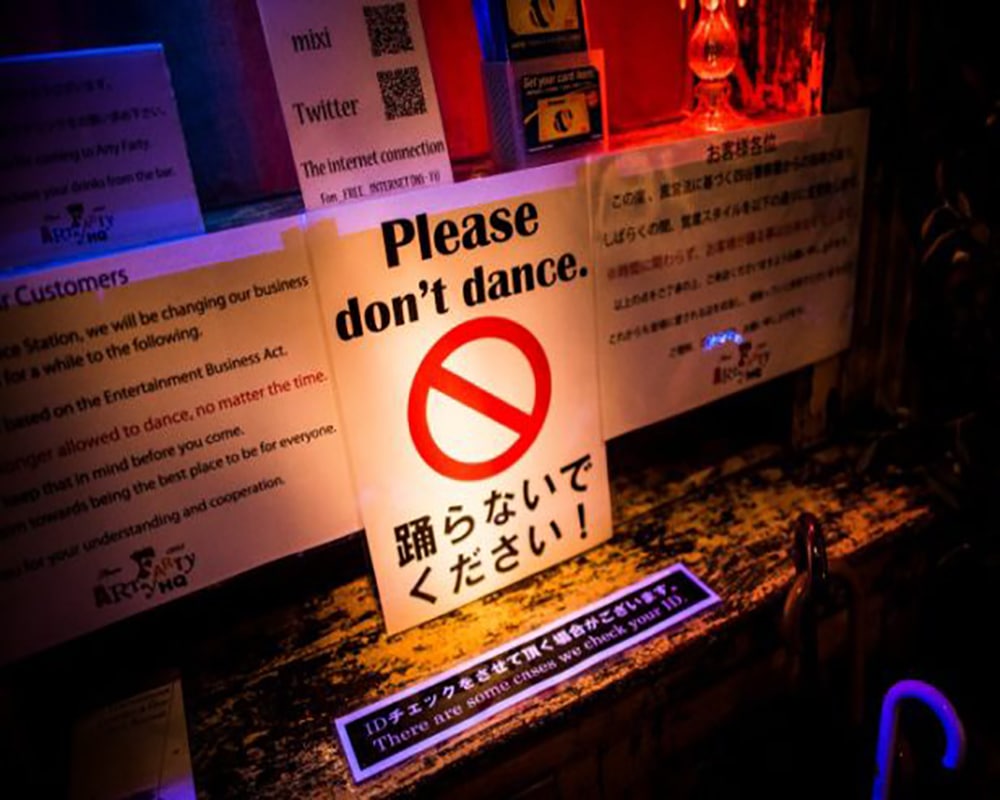
According to a law passed in 1984 dancing licenses can only be obtained by clubs with a floor space more than 710 square ft. And because real estate prices in Japan can be overwhelming, finding a space with that much floor space and be expensive and difficult to come by.
Valentine’s Day in Japan Is Different
Valentine’s day in Japan is split into two, unlike what is known in western culture. Gifts are given on two occasions, the first on the 14th of February and the second on the 14th of March.
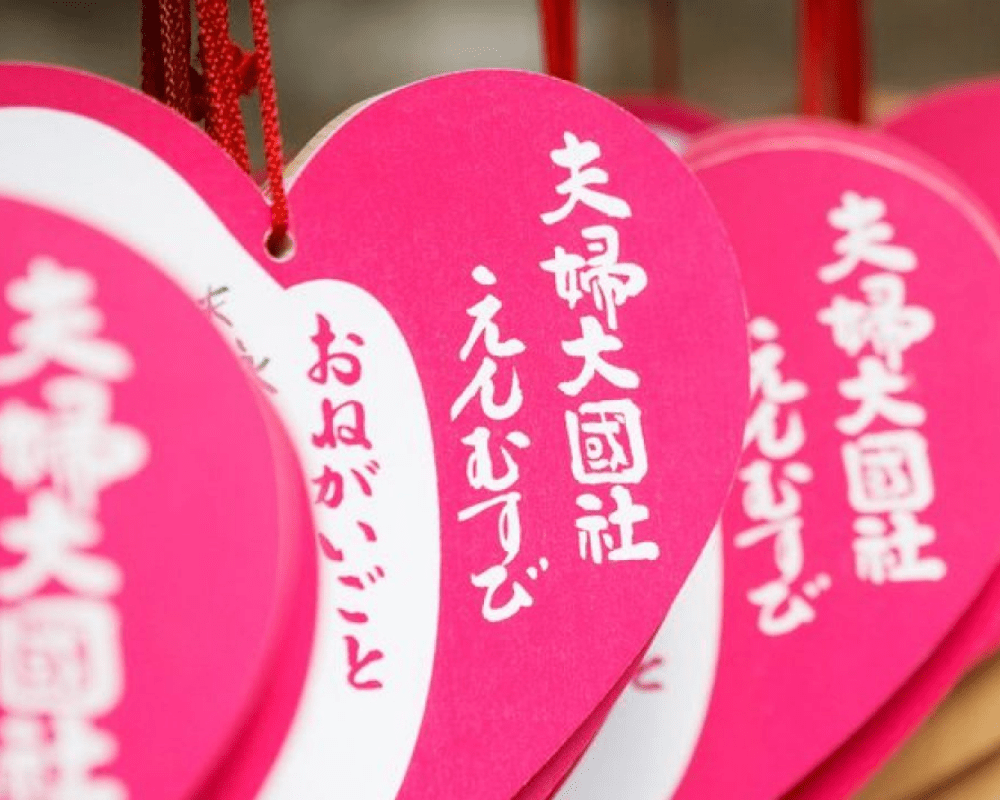
Only women give gifts on the first occasion and during the second occasion, only men give gifts. These gifts given by men on the second occasion to women will be the equivalent of the worth of gifts given by the women on the first occasion. Women are commonly known to gift chocolates to anyone of the opposite sex they like.
Sleeping On a Stranger’s Shoulder
It is a common practice in Japan for an individual to sleep on a stranger’s shoulder while on a train. Due to the number of long hours people spend working and the long distance they commute each day, it is common for many to fall asleep on the train as they are usually exhausted.
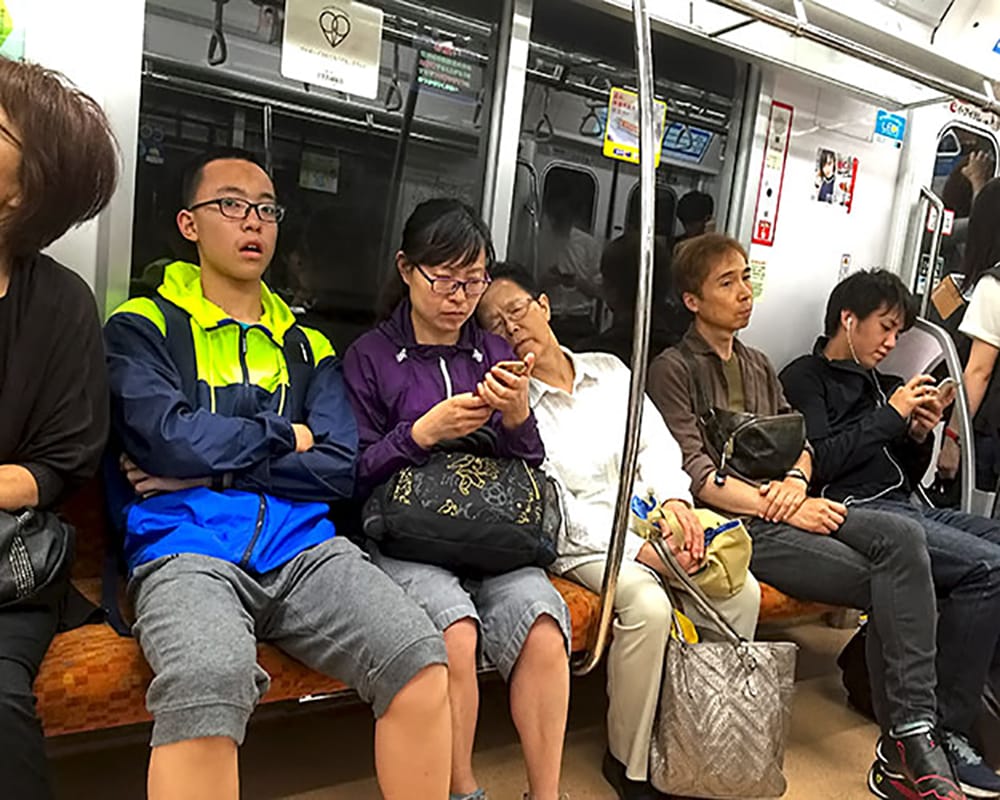
Hence there’s a practice to tolerate people when they fall asleep on other people’s shoulders while on the train.
A Gift Must Be Given to a Host
When someone invites others to their home, it is expected for the guest to come along with a gift for the host. This gift is expected to be packaged in a fancy manner.
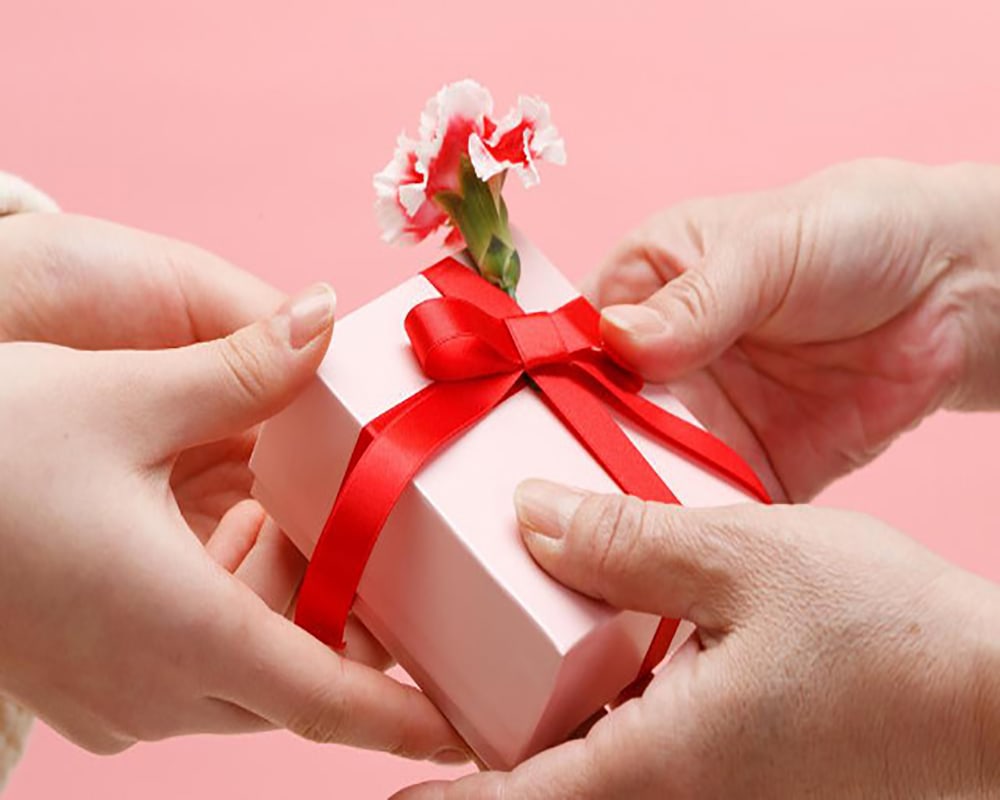
When a gift is given by a guest, it is also considered rude to reject such gifts. Although in Japan, it is a common practice for the gift receiver to object to accepting a gift initially. This rule doesn’t apply to those who are hosting others in their homes alone. The moment one is offered a gift, it is expected for them to accept the gift.
Slurping Noodles Shows You Enjoy the Meal
Contrary to what you’d find in certain western cultures, slurping noodles in Japan is considered polite. Interestingly, if an individual eats without making a slurpy sound, it can be taken as the individual isn’t enjoying the meal.
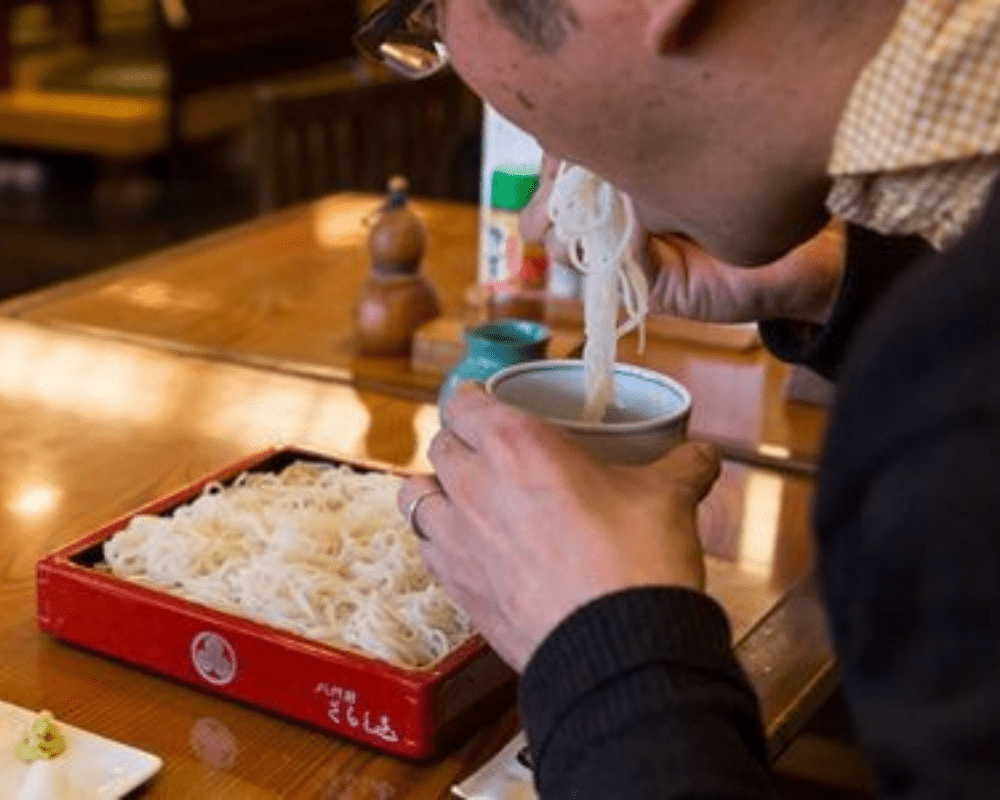
The Japanese people usually serve their noodles and soups steaming hot which could burn the tongue, so slurping isn’t just being polite but also helps to cool down the meal. But in Japan, unlike some other Asian countries, it is totally unacceptable to belch while at the table.
Sleeping in Hotels With Rooms the Size of a Coffin
Capsule hotels are common in Japan and they have been around since the 1970s. They are used by people who missed the last train home or businessmen who just need a space to pass the night.

The sleeping quarters are really small, about the size of a coffin but apparently, people don’t care about this as these hotels are cheap when compared with conventional hotels as a bed costs only $65 per night.
Cleaning Your Face With Oshibori
In most Japanese restaurants, customers are provided with a moist towel or piece of cloth called “Oshibori.” These towels are used to clean one’s hands before preying on a meal and kept on a corner of the table.
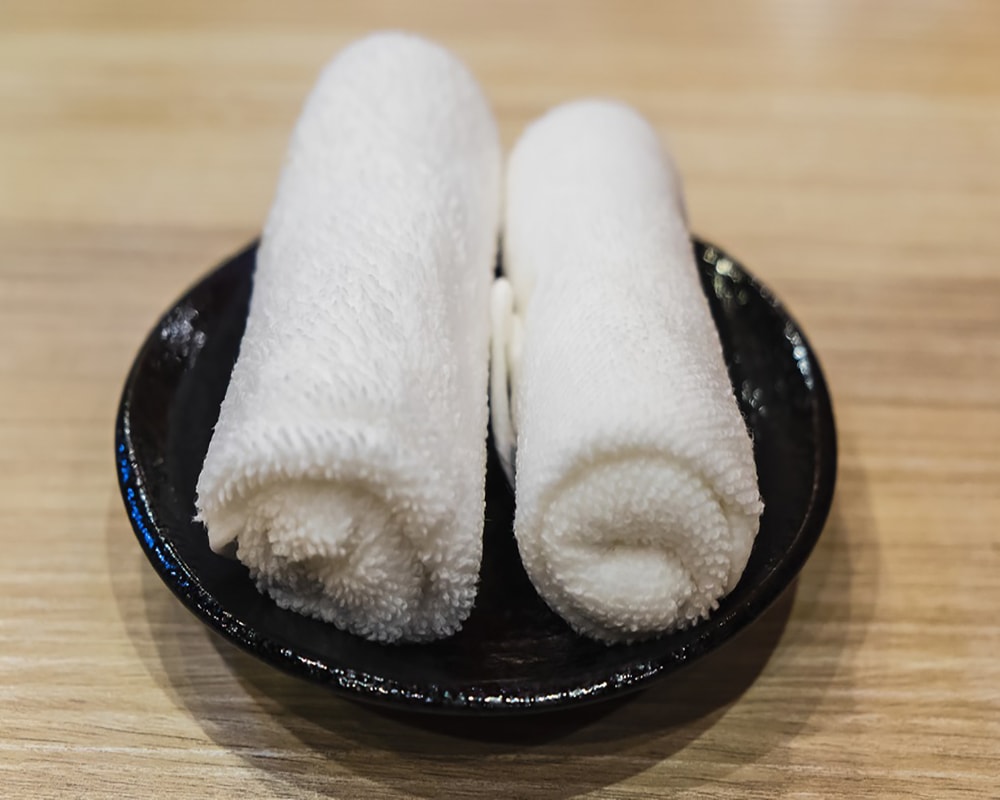
It is considered inappropriate, sometimes even rude for someone to use them to clean his/her face or to even use them while eating as a napkin.
Avoid Eating While Walking
In western cultures, it is not so uncommon to find people eating while they are walking. Doing this in Japan is entirely frowned upon. Eating while on a local train or bus is acceptable, but on long-distance express trains, is extremely frowned upon.
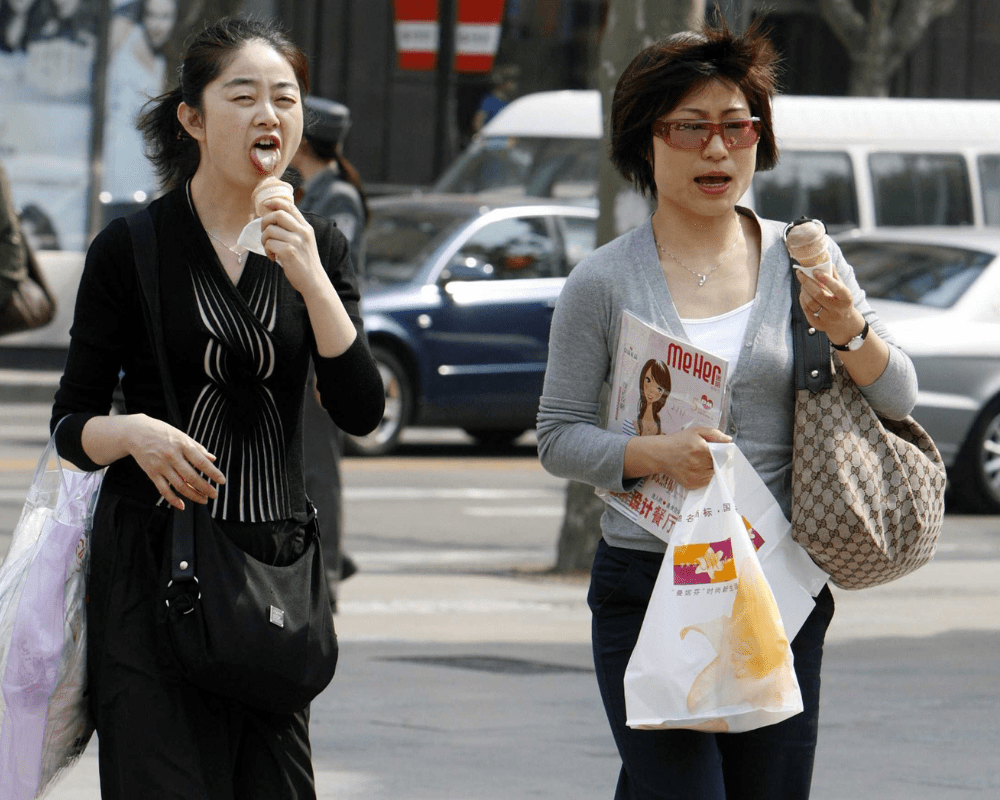
However, there are a few exceptions to this rule as eating an Ice-cream on the streets of Japan is not considered rude or sloppy. It is also not considered impolite to drink while standing beside a vending machine.
Tipping Is Considered Rude
Giving a tip in Japan can be considered not just rude, but also degrading. Japanese culture is deeply rooted in dignity, respect, and hard work. Therefore, is not strange to find someone running after another individual just to return a tip that was given.

But what if an individual has been so helpful or has offered a service that surpassed expectation to the point where it feels compelling to give a tip? Rather than tip someone who has been very helpful, giving a small present is more acceptable.
Leaving Work Before the Boss
Working as a foreigner in many Japanese companies presents its level of difficulties. And many workers can find themselves in unwanted trouble if not careful. One is the issue of leaving work before the boss.

One might have finished their required part for the day and thereby ready to head home. But it is seen as problematic in the Japanese culture to leave the workplace before the boss. So sit tight and relax till the boss is done for the day.
Use of Phones in Public
Japanese culture is focused on the group, unlike the western culture which is focused on individualism. Therefore, doing anything that would draw attention to oneself in Japan is frowned against.
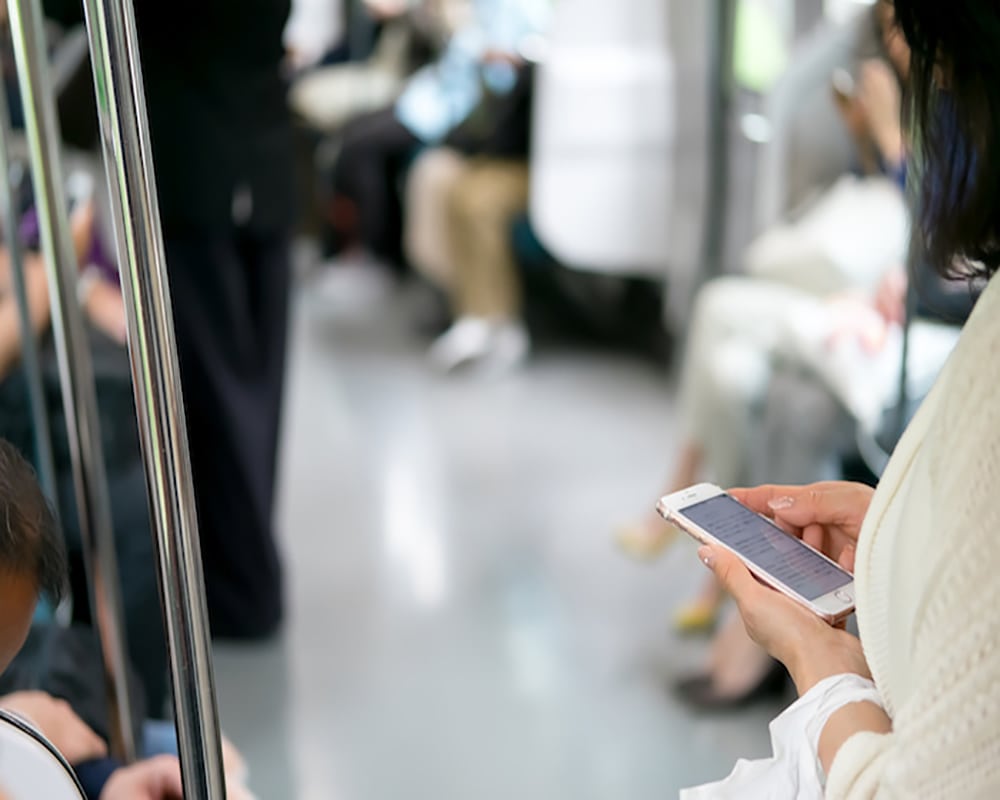
So, when in public areas like trains, buses, even in any public indoor space. It is considered inappropriate to have conversations, most especially “loud” conversations that are private on a mobile phone when others are around. Many would suspend those long, private phone conversations till they get somewhere a little more private.
Headlights at Intersections
Intersections in the countryside across different sides of the world are common. But in Japan, foreigners might need to remember a key point when driving around the country.
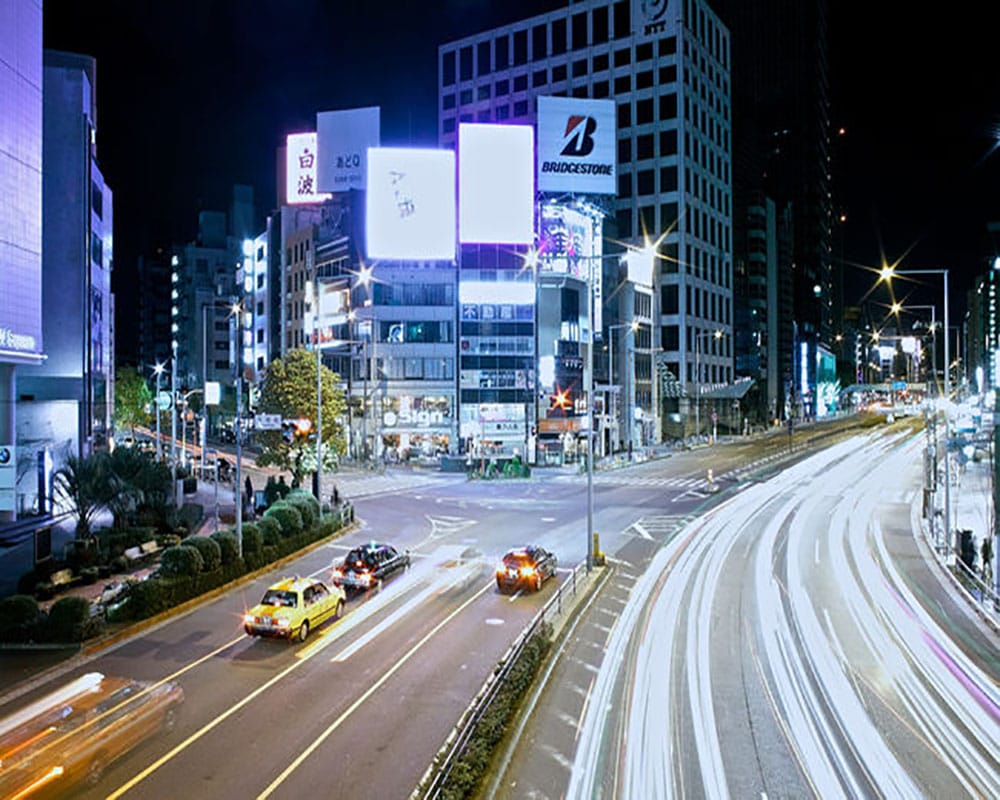
When arriving at an intersection, it is expected to turn off the headlight to help the other road users facing one from the opposite direction. Most people forget to do this and sometimes pose a threat to the life of road users.
Pouring of One’s Drink
It is a common practice among westerners to serve other people’s drinks before serving oneself at a dinner party. In Japan, it is seen as rude for an individual to pour his/her drink.
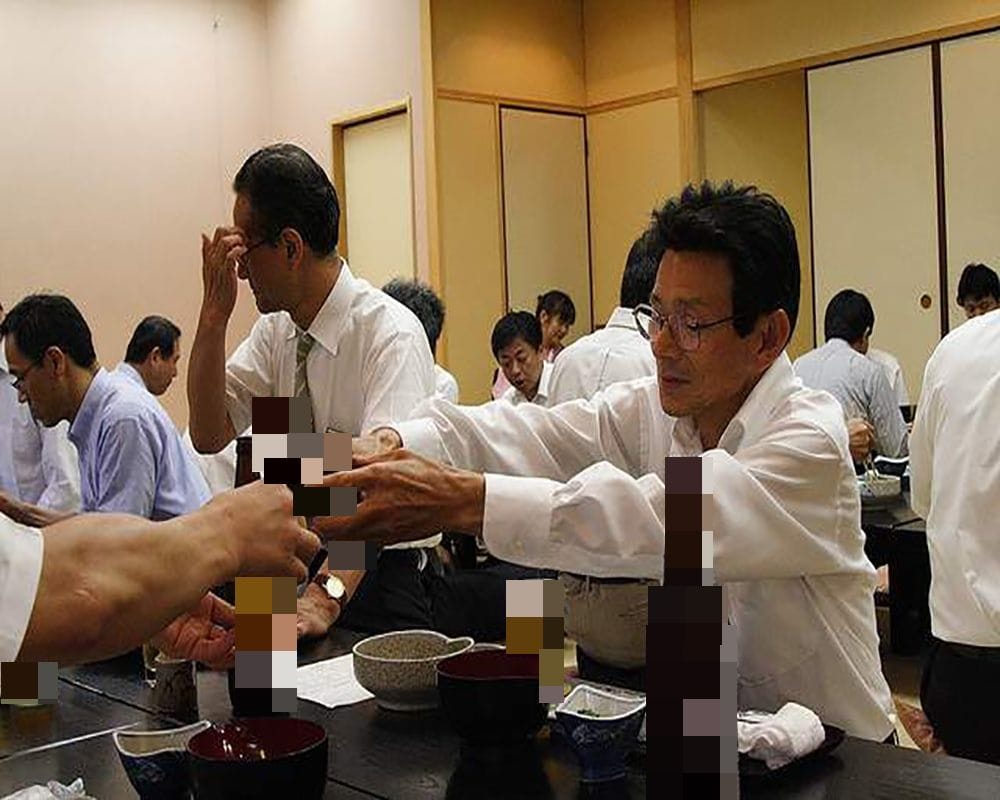
The custom in Japan is for one to fill other people’s cups except their own, then someone else would do the same for that individual. And then, everyone must wait for someone to say “kanpai” which means cheers before they can drink up.
The Soup in the Bowl
Soups are a common part of the Japanese meal. And sometimes, after enjoying the different foods, one is still left with a big bowl of soup. A foreigner might simply assume that the use of a spoon would come in handy in this situation. That is no!

The right thing to do in this scenario is to lift the bowl to the head level and drink the soup directly from the bowl. This is appreciated as part of the Japanese culture as opposed to drinking with a spoon. Supper bowl!
Bowing as a Sign of Respect
Almost everyone knows that people in Japan bow in almost every situation. what many do not know is there are different types of bows for different categories of persons and bowing just anyhow can also pass as a form of disrespect.
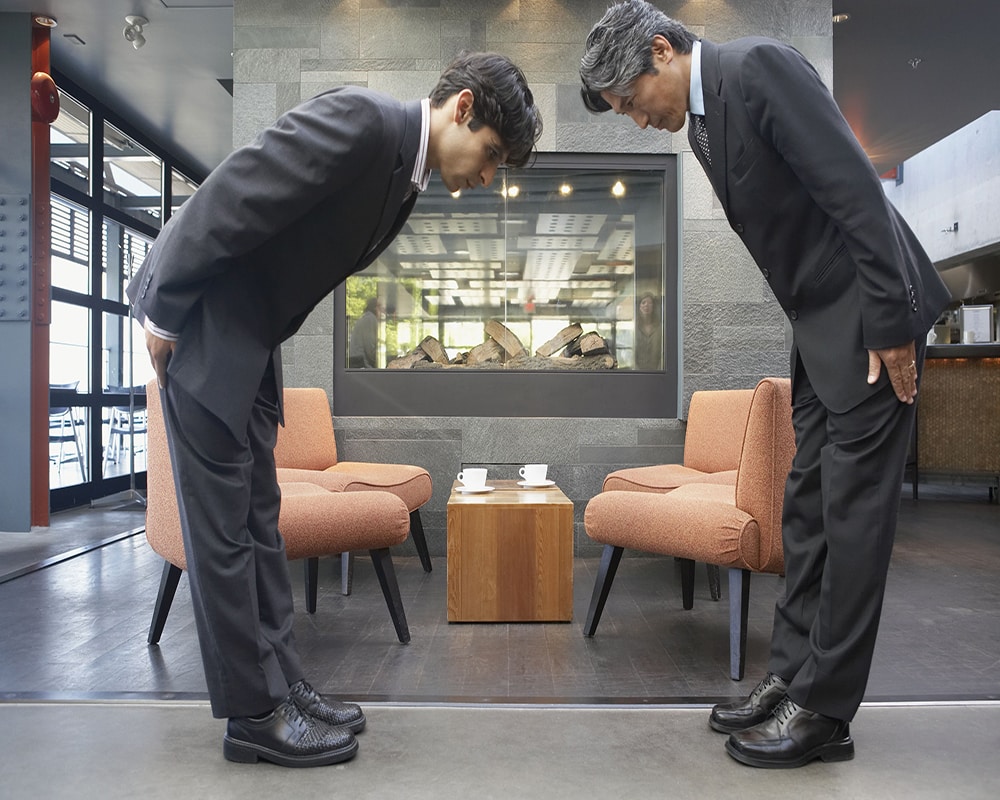
For example, in an informal setting or when meeting a friend, a quick slight 15 degrees bow will suffice; when in a formal setting, like when greeting a superior at work, anything other than a slow 30 degrees bow might be seen as a form of disrespect.
Avoid Physical Touches
Physical touches such as a tap on the shoulder joint among strangers or hugs and kisses among close friends and families are part of the day to day life routine worldwide. But not in Japan.
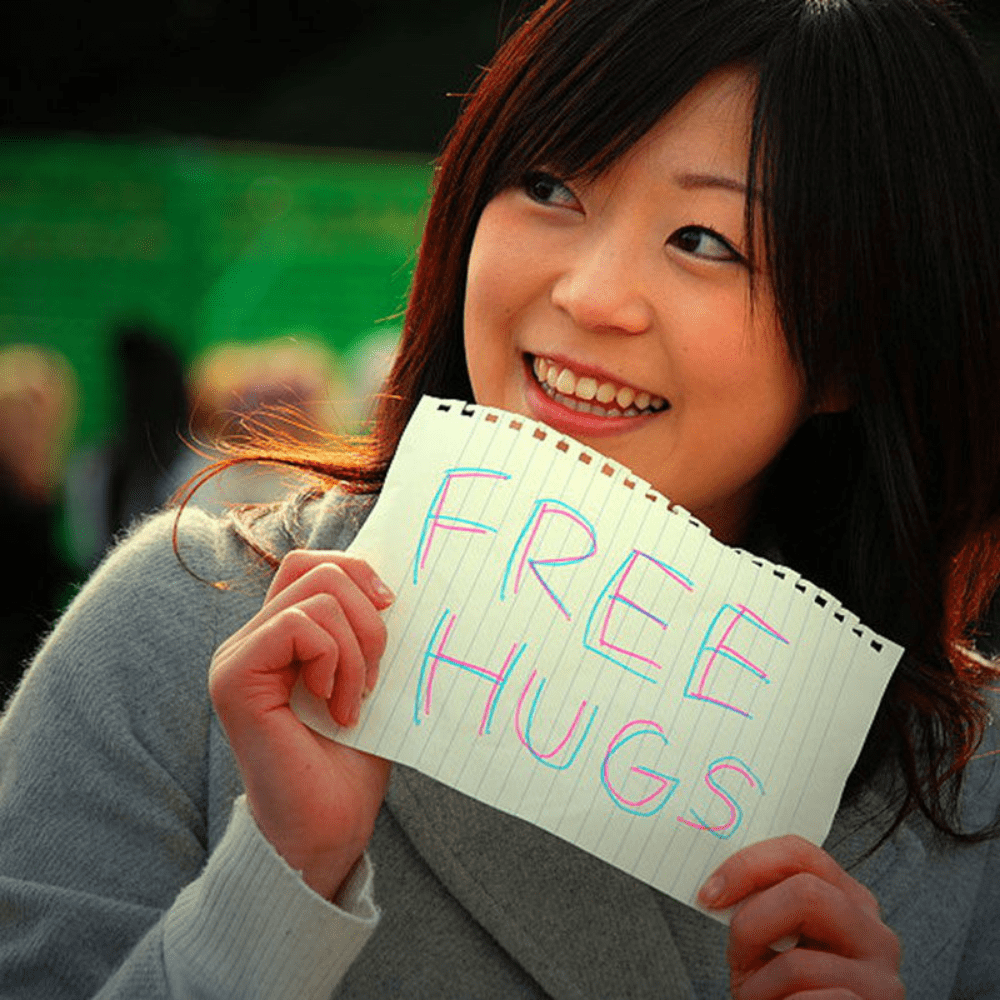
This is another one of the customs of this land that a foreigner might find difficult. Physical touches among strangers, friends, and even lovers are not allowed as part of the Japanese lifestyle. So talk but do not touch.
Unnecessary Use of Chopsticks
Chopsticks are used now and then by the Japanese. But the reality is that people try to avoid using them for anything other than eating. Since they are commonly used for eating, it is considered that they might carry saliva residuals. Hence, chopsticks are not used to point at things or even waved over food.
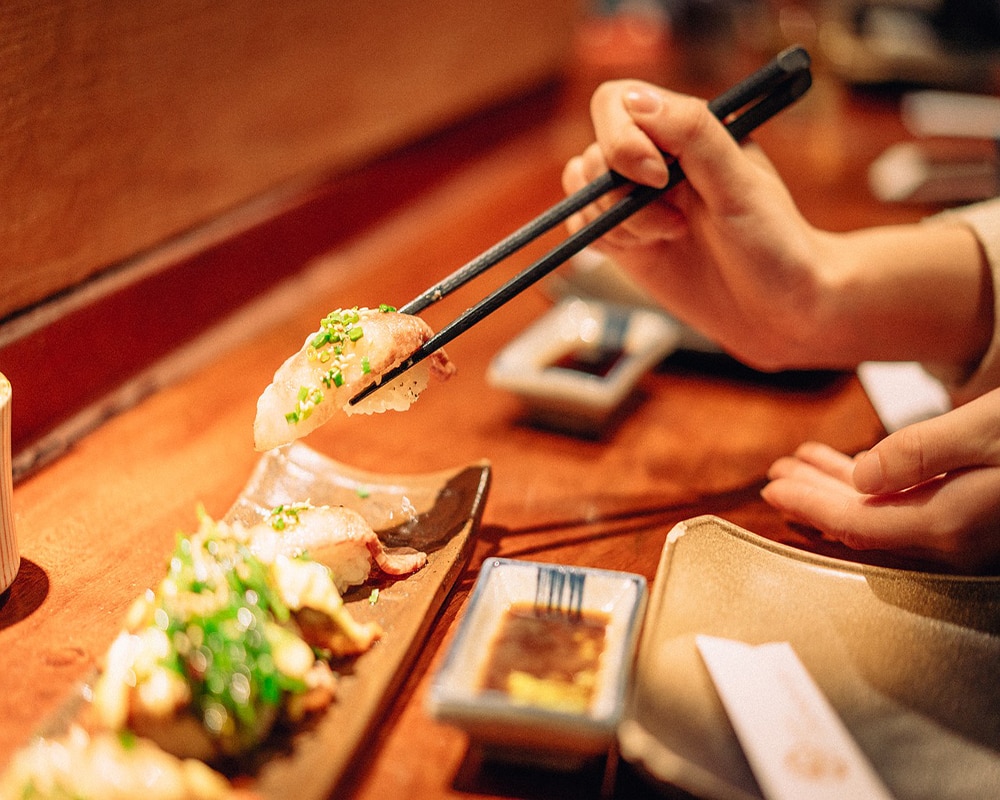
In Japan, chopsticks are also viewed as a cultural piece that should be treated with respect. playing with it or using it unnecessarily can easily be considered disrespectful.
The Use of Direct Speech
Discussions among friends or colleagues often to a topic that one might find sensitive or uncomfortable. In other parts of the world, the usual approach in this situation is to tackle it head-on or totally remove oneself from the conversation.
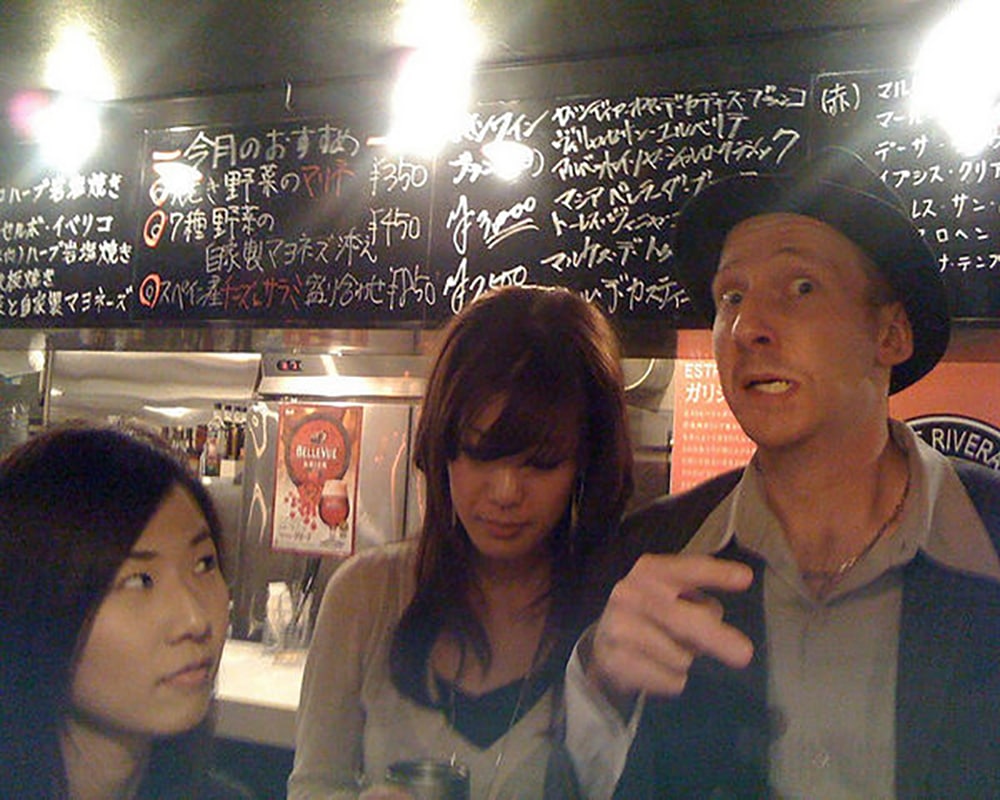
But in Japan, the approach is quite different. Japanese generally tend to use indirect speech in this situation to avoid confrontation. A foreigner might find it difficult to use this approach. Hints are dropped in a masked speech to reveal one’s feeling as regards the matter.
Christmas Holiday Is for Lovers
In Japan, Christmas is not a traditional holiday. Christmas in Japan is just like Valentine’s Day in western culture. Christmas eve is seen as a romantic day for couples and lovers to spend time together. On December 24th, it is expected for one to take one’s date out to a fancy restaurant or engage in some form of romantic couple activity.
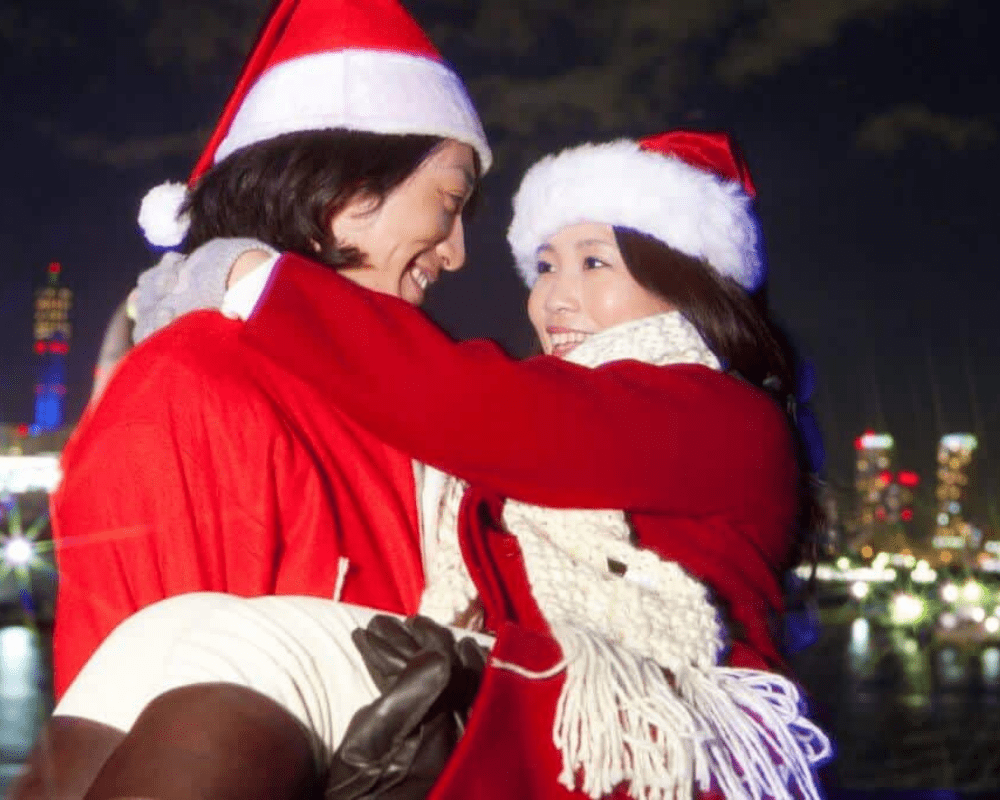
Unlike what is popularly known, gifts are rarely exchanged among family members in Japan on Christmas day unless it was prearranged. what is common is for lovers to prepare and exchange romantic gifts.